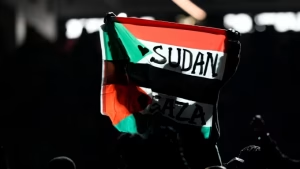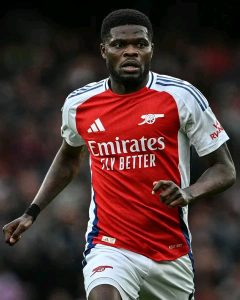
Breaking News: ECHL Terminates Deal with FPHL Amidst Controversies.
In a surprising development that has shaken the hockey community, the East Coast Hockey League (ECHL) has officially terminated its deal with the Federal Prospects Hockey League (FPHL). This decision, announced earlier today, comes after a series of controversies and disagreements that have cast a shadow over the relationship between the two leagues. The termination marks the end of a partnership that had been intended to foster cooperation and growth in the sport.
### Background of the Partnership
The ECHL and FPHL had entered into a collaboration agreement with the aim of creating a more cohesive development structure for professional hockey in the United States. The deal was seen as a strategic move to enhance the player development pipeline, providing a clearer path for aspiring athletes to progress from the lower tiers of professional hockey to more prominent leagues, including the ECHL itself and potentially the American Hockey League (AHL) and National Hockey League (NHL).
Under the agreement, the FPHL was expected to act as a feeder league, offering a platform for players to showcase their skills and potentially move up the ranks. This partnership was also intended to streamline scouting efforts and improve the overall talent pool available to the ECHL teams. However, the vision of a harmonious relationship has been marred by several contentious issues.
### The Controversies Leading to Termination
1. **Financial Disputes**: One of the primary factors leading to the termination was financial disagreement. The ECHL and FPHL had differing views on revenue sharing and financial support mechanisms. Disputes over funding allocations and financial transparency created friction between the leagues, with both sides accusing each other of not fulfilling their financial commitments.
2. **Player Development Issues**: The core of the partnership was the promise of enhanced player development, but there have been reports of inconsistencies in how players were being treated and developed within the FPHL. Concerns were raised about the quality of coaching and facilities, which led to questions about whether the FPHL was meeting the agreed-upon standards.
3. **Operational Conflicts**: The operational aspects of the partnership also faced challenges. Differences in league management styles, scheduling conflicts, and logistical issues created operational inefficiencies. The FPHL’s operational practices, including scheduling and game-day protocols, reportedly did not align with the expectations of the ECHL, further straining the relationship.
4. **Public Relations and Image**: Both leagues were also troubled by the public relations fallout from their partnership. There were numerous incidents and statements that affected the image of both leagues. The ECHL, in particular, faced criticism from fans and stakeholders who felt that the association with the FPHL was damaging its reputation.
### Statements from Both Leagues
In a press release, the ECHL expressed its disappointment with the termination but emphasized the need to prioritize the league’s long-term interests and integrity. “After careful consideration and numerous discussions, we have decided to end our partnership with the FPHL. While we had hoped for a more fruitful collaboration, it has become clear that our goals and operational methods are not aligned. We remain committed to providing the highest level of hockey and ensuring a positive experience for our players and fans.”
The FPHL, on the other hand, responded with a statement expressing regret over the dissolution of the agreement. “We are disappointed by the ECHL’s decision to terminate our partnership. We believed that our league offered valuable opportunities for player development and growth. However, we respect their decision and will continue to focus on our mission to develop and promote hockey talent.”
### Future Implications
The end of the partnership has significant implications for both leagues. For the ECHL, it means finding new avenues for player development and potentially re-evaluating its approach to feeder leagues. For the FPHL, it represents a need to reassess its strategies and operational practices to enhance its standing within the hockey community.
Both leagues will now have to navigate the aftermath of the split, addressing the issues that led to the termination and working towards rebuilding their respective reputations. The future of the partnership may be uncertain, but the lessons learned from this experience will likely shape the future direction of both the ECHL and FPHL.
As this story continues to develop, stakeholders from across the hockey world will be watching closely to see how these changes impact the landscape of professional hockey in the United States.




